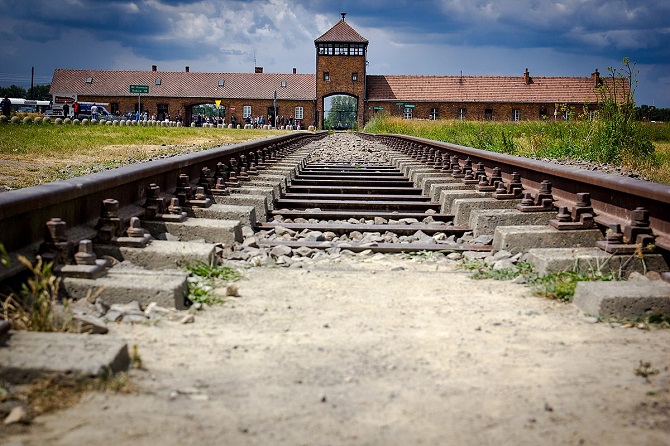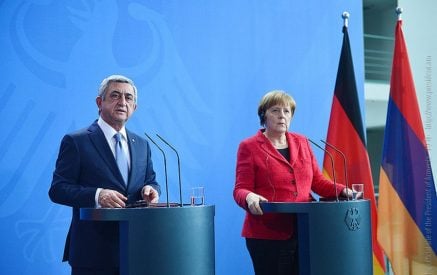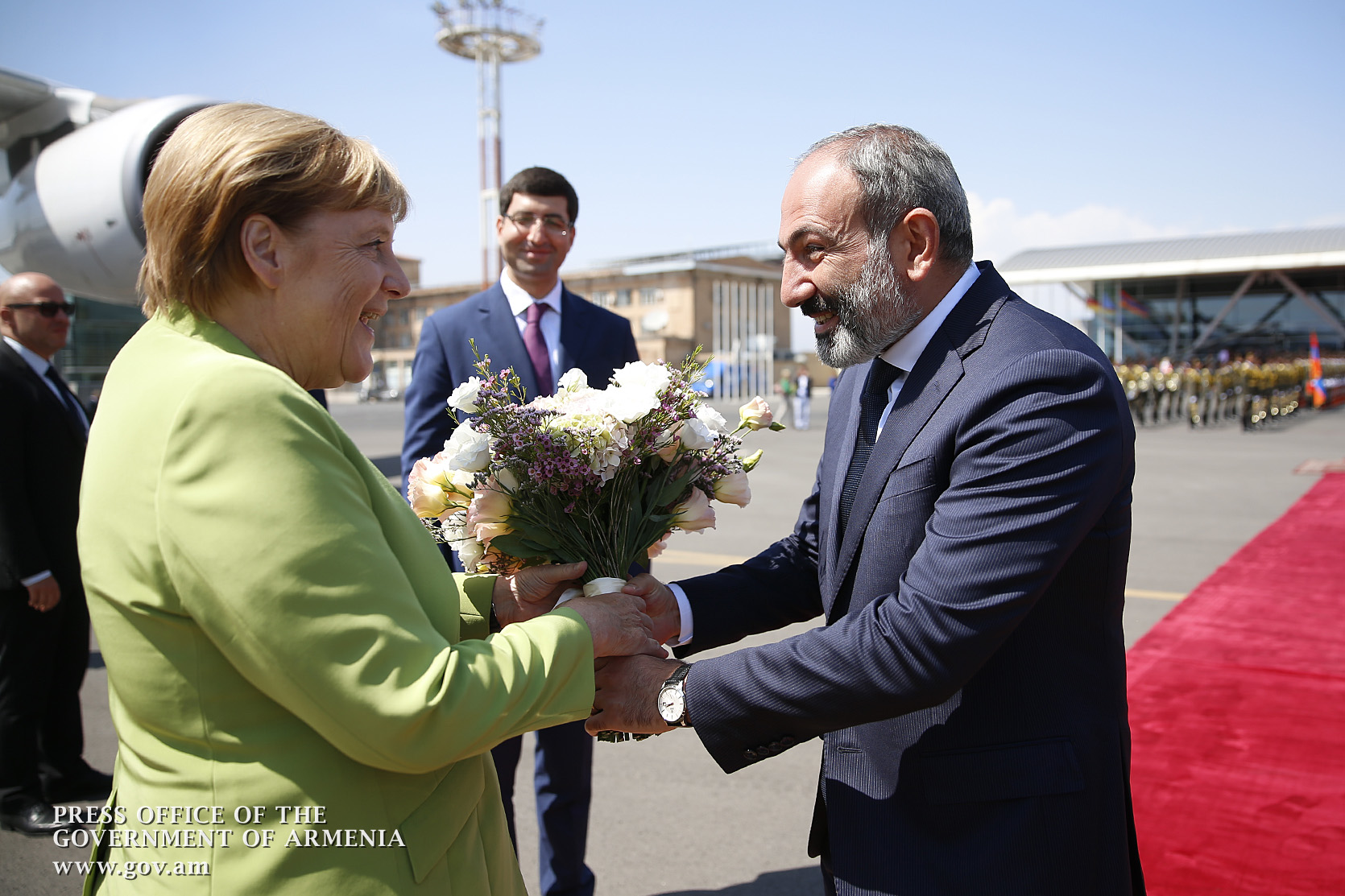On Friday, 6 December, the Chancellor of Germany Angela Merkel will pay a historic visit to the German Nazi concentration and extermination camp Auschwitz-Birkenau. It will be Angela Merkel’s first visit to the Memorial Site after her 14 years in office and the third visit of an incumbent head of government. German chancellor will be accompanied by Polish Prime Minister Mateusz Morawiecki.
The visit will mark the 10th anniversary of the Auschwitz-Birkenau Foundation, established in 2009 to take care of the Memorial Site, that is the area and the remains of the former German Nazi concentration and extermination camp, currently under the care of the Auschwitz-Birkenau State Museum in Oswiecim.
The German concentration camp Auschwitz set up in 1940 was intended for Polish political prisoners. Over time, along with the Auschwitz II – Birkenau which was built later and included into the facility, the camp became one of the main sites of extermination of European Jews and a symbol of Holocaust. Inside the Auschwitz-Birkenau concentration and death camp, Germans murdered around one million Jews. Largest groups of victims also included Poles, Sinti and Roma, and Soviet prisoners of war.
Upon Poland’s request, during the 31st session of the UNESCO World Heritage Committee on 27 June 2007, the change of the official international name was adopted for the remains of the Auschwitz concentration camp to “Auschwitz-Birkenau. German Nazi Concentration and Extermination Camp (1940-1945).” Poland’s request was driven by the foreign media’s distortions suggesting or directly calling former German Nazi camps “Polish death camps”. UNESCO’s decision was preceded by extensive consultations and Poland’s active diplomatic campaign.
Read also
In October 2013, the endeavours of Polish diplomacy also resulted in the International Holocaust Remembrance Alliance adopting a working definition of “Holocaust distortion and denial” according to which using the phrase “Polish camps” was branded one of forms of distortion. On the other hand, on 29 June 2017, International Holocaust Remembrance Alliance (IHRA) called to stop using defective memory codes such as “Polish camps” or “Polish death camps” in publications and public discourse on the extermination of Jewish people by the Nazi Germany on occupied Polish lands during the Second Word War. The position taken by IHRA is aimed to counteract the distortion of Holocaust and blurring of Nazi Germany’s responsibility for crimes against humanity.
Poland attaches great importance to the comprehensive commemoration of memory sites and museums within former German Nazi concentration and extermination camps. Year by year Poland spends nearly PLN 70 million for this purpose in various forms. Acting through institutions such as the Auschwitz-Birkenau Foundation, our country is one of the custodians of the memory of millions of Jews murdered during the Second World War.
PL_Embassy























































